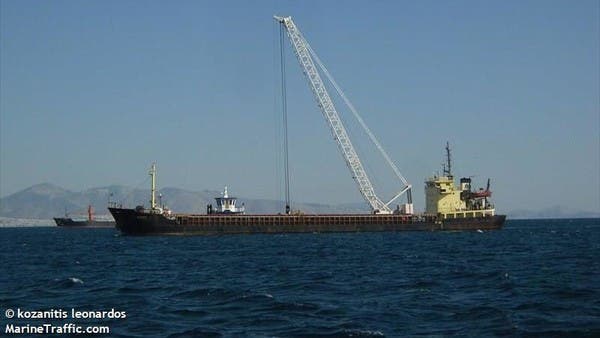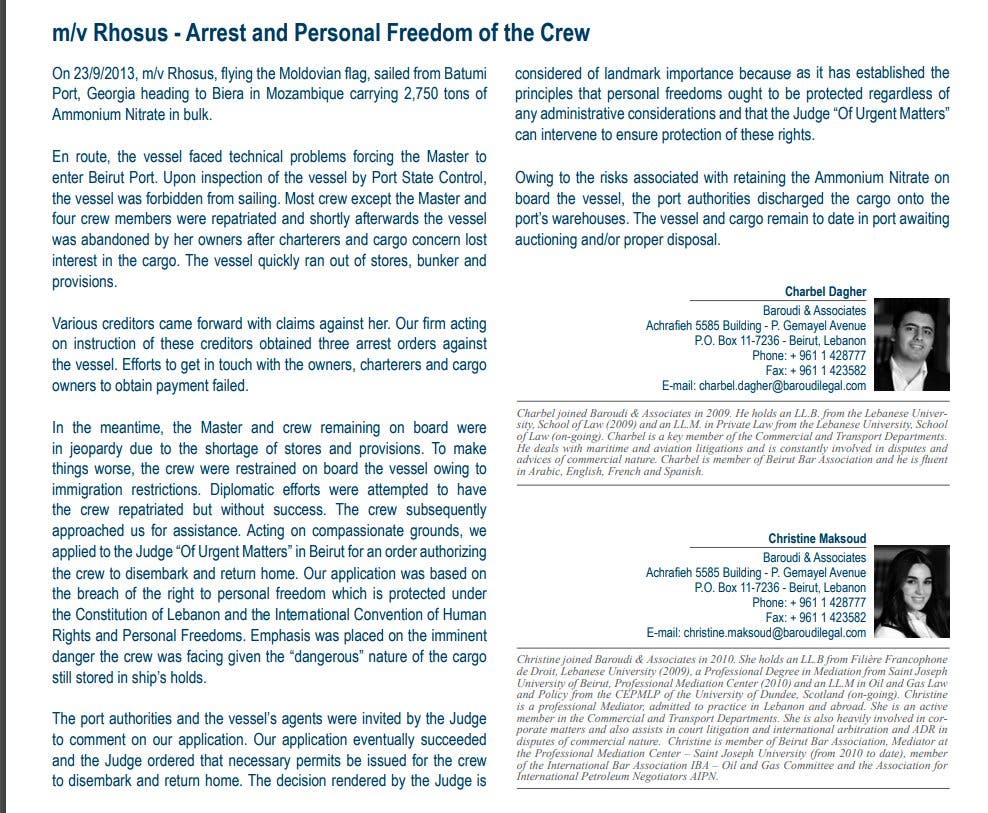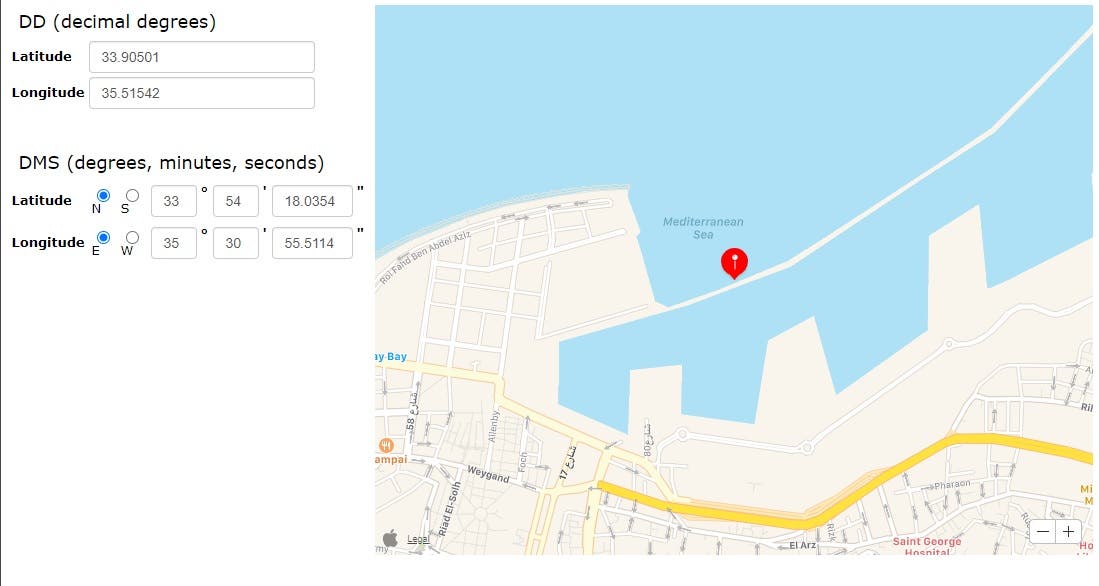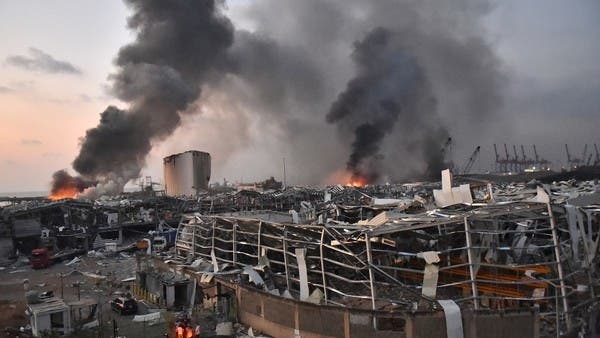People pray at St. Michael's Church in Brooklyn, NY, on May 26, 2020. Stephanie Keith/Getty Images
Ninety-one people caught COVID-19 after a man infected with the virus attended a church service in Ohio.
Ninety-one people caught COVID-19 after a man infected with the virus attended a church service in Ohio.
Governor Mike DeWine tweeted a graphic from the Ohio Department of Health on Tuesday, which showed how the 56-year-old man was responsible for 91 infections.
The man infected 53 people at the service, and 18 of them then passed the virus to at least one other person, the graphic said.
Experts have previously warned that religious ceremonies are breeding grounds for the virus.
Close to 100 people contracted the coronavirus in Ohio after one person who had the virus attended a church service and spread it to dozens others.
As a warning to religious institutions in the state, Gov. Mike DeWine tweeted a graphic from the Ohio Department of Health on Tuesday to show how the 56-year-old churchgoer essentially infected 91 people.
Fifty-three people who attended the church service fell ill, and 18 of them then gave it to at least one other person, the graphic showed.
—Governor Mike DeWine (@GovMikeDeWine) August 4, 2020
The service took place June 14, The Kansas City Star reported. By July 4, a total of 91 people ranging from ages one to 67 across four Ohio counties had tested positive for COVID-19, all stemmed from that one case, the newspaper said.
"It is vital that to control the spread of the virus that any time people gather together, including for religious services, that everyone wear masks, practice social distancing, wash hands, and also while indoors, making sure there is good ventilation and airflow," he said, according to The Kansas City Star.
It is not clear whether anyone at the church service wore masks or practiced social distancing. Ohio's mandatory face-mask only came into effect on July 23.
Ohio has a resurgence in coronavirus cases in recent weeks. As of Wednesday, it has recorded more than 96,000 COVID-19 cases and more than 3,600 deaths.
President Donald Trump holds a Bible while visiting St. John's Church in Washington, DC, on June 1, 2020, after authorities forcibly cleared the area of protesters. BRENDAN SMIALOWSKI/AFP via Getty Images
In late May, President Donald Trump declared religious institutions "essential" services and told state governors to let them start admitting people again.
But religious services have been identified as situations where the coronavirus can spread like wildfire.
Experts have warned that loud talking and singing could spread the coronavirus further than six feet. When people give exhalations that require more energy, the droplets they emit can travel further. Some research has also suggested that louder speech produces more droplets.
"It's an ideal setting for transmission," Carlos del Rio, an infectious-disease expert at Emory University, told The New York Times, referring to church services. "You have a lot of people in a closed space. And they're speaking loudly, they're singing. All those things are exactly what you don't want."
A number of churches have caught headlines after large chunks of their parishioners caught the coronavirus.
LATEST UPDATES 7 hours agoThe coronavirus pandemic
Within 11 days of schools opening, dozens of students and teachers have gotten COVID-19: 'I truly wish we'd kept our children home.'
Common colds may have left some people's immune systems with a leg up in fighting the new coronavirus.
The US's contact-tracing system is broken. Testing delays set it up for failure.
Numbers don't lie': Fauci says you can't deny the US has the world's worst COVID-19 outbreak.
An emergency medicine physician projects that if schools open up in the fall, they'll be closed by the end of October due to COVID-19 outbreaks.
In March, 35 people at a church in Arkansas caught COVID-19 after attending a service. Three of them later died of the virus.
In May, 107 people tested positive for coronavirus after attending a church service in Frankfurt, Germany.
In June, 236 people in Oregon got the coronavirus after a church held multiple services during lockdown.
During the early months of the pandemic, a secretive doomsday church in South Korea was accused of accelerating the outbreak in the city of Daegu. The city is now suing the church for endangering lives.
Do you have a personal experience with the coronavirus you'd like to share? Or a tip on how your town or community is handling the pandemic? Please email covidtips@businessinsider.com and tell us your story.
Get the latest coronavirus business & economic impact analysis from Business Insider Intelligence on how COVID-19 is affecting industries.
In late May, President Donald Trump declared religious institutions "essential" services and told state governors to let them start admitting people again.
But religious services have been identified as situations where the coronavirus can spread like wildfire.
Experts have warned that loud talking and singing could spread the coronavirus further than six feet. When people give exhalations that require more energy, the droplets they emit can travel further. Some research has also suggested that louder speech produces more droplets.
"It's an ideal setting for transmission," Carlos del Rio, an infectious-disease expert at Emory University, told The New York Times, referring to church services. "You have a lot of people in a closed space. And they're speaking loudly, they're singing. All those things are exactly what you don't want."
A number of churches have caught headlines after large chunks of their parishioners caught the coronavirus.
LATEST UPDATES 7 hours agoThe coronavirus pandemic
Within 11 days of schools opening, dozens of students and teachers have gotten COVID-19: 'I truly wish we'd kept our children home.'
Common colds may have left some people's immune systems with a leg up in fighting the new coronavirus.
The US's contact-tracing system is broken. Testing delays set it up for failure.
Numbers don't lie': Fauci says you can't deny the US has the world's worst COVID-19 outbreak.
An emergency medicine physician projects that if schools open up in the fall, they'll be closed by the end of October due to COVID-19 outbreaks.
In March, 35 people at a church in Arkansas caught COVID-19 after attending a service. Three of them later died of the virus.
In May, 107 people tested positive for coronavirus after attending a church service in Frankfurt, Germany.
In June, 236 people in Oregon got the coronavirus after a church held multiple services during lockdown.
During the early months of the pandemic, a secretive doomsday church in South Korea was accused of accelerating the outbreak in the city of Daegu. The city is now suing the church for endangering lives.
Do you have a personal experience with the coronavirus you'd like to share? Or a tip on how your town or community is handling the pandemic? Please email covidtips@businessinsider.com and tell us your story.
Get the latest coronavirus business & economic impact analysis from Business Insider Intelligence on how COVID-19 is affecting industries.










